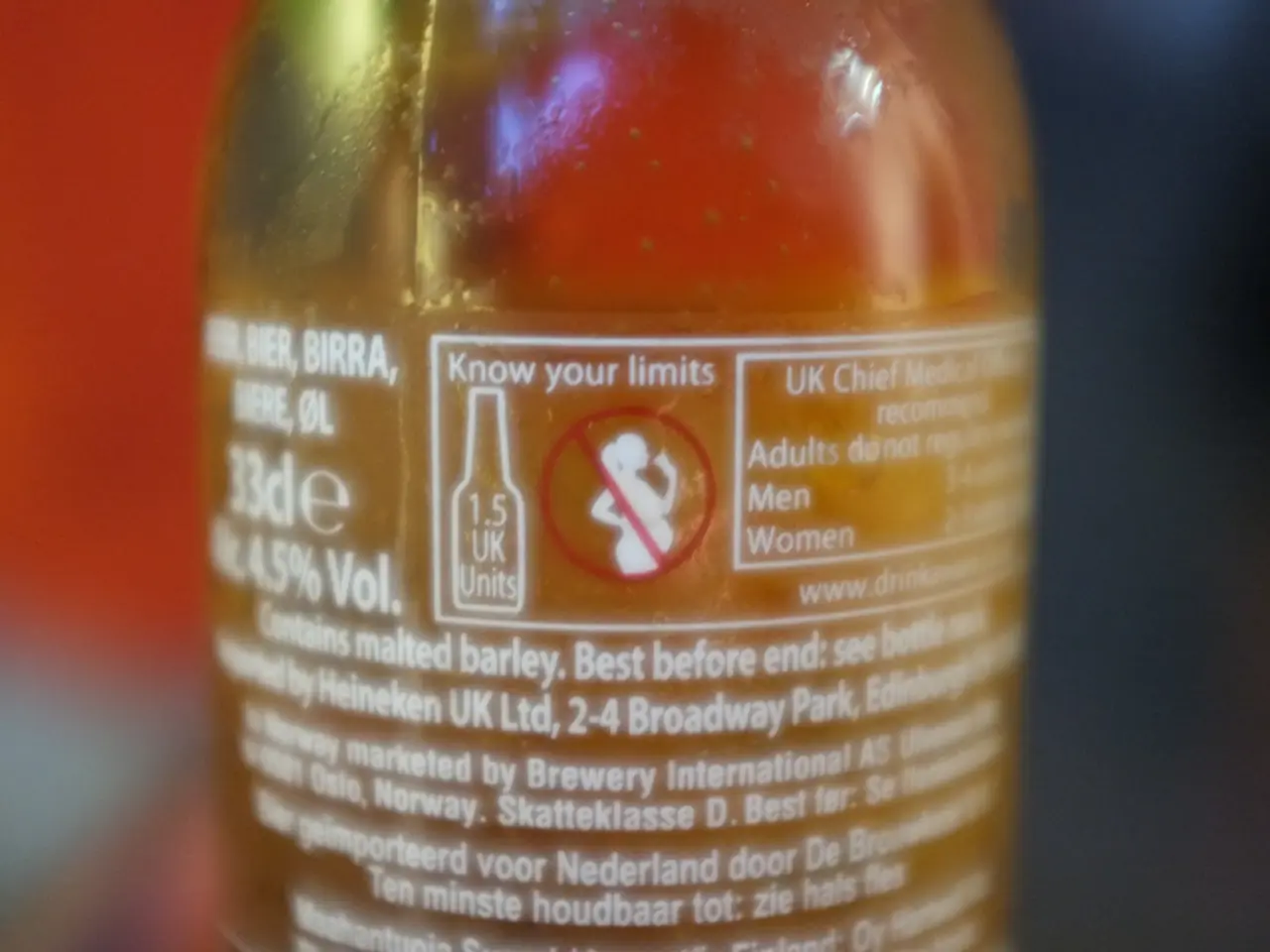Human trial commencement for a comprehensive cancer vaccine, claimed to tackle all types of cancer.
In a groundbreaking development, researchers at the University of Florida have created a novel mRNA-based cancer vaccine that shows promising results in early trials. The vaccine, delivered via lipid nanoparticles, induces the production of type-I interferons and other immune activations, making cancer cells more visible to the immune system [1][3].
The vaccine has demonstrated the ability to clear tumours, including drug-resistant ones, in mouse models of melanoma, brain, and bone cancers, without the need for additional therapies [1][3]. A small human trial with a related personalized mRNA vaccine for glioblastoma also showed rapid and vigorous immune responses, validating the broader concept [1].
Parallel work at Mount Sinai has engineered a method for producing large numbers of conventional type I dendritic cells (cDC1s)—rare immune cells crucial for initiating and sustaining antitumor immunity. This breakthrough could lead to the creation of universal off-the-shelf cellular cancer vaccines harnessing these critical immune cells [2].
Boosting type-I interferons is central because these proteins orchestrate inflammation regulation and tumour recognition, enhancing the innate immune system's ability to identify and eradicate cancer cells [4]. This approach could potentially complement or replace personalized cancer vaccines by providing an immediately available, broadly effective immunotherapy.
Dr. Elias Sayour, the study senior author, and his colleagues have launched a human trial testing a two-hit approach: an off-the-shelf cancer vaccine followed by a personalized one [3]. However, more research is needed to confirm how well this approach will work in people, according to Diana Azzam, an associate professor [3].
Immune checkpoint inhibitors, a common form of cancer treatment, rely on early interferon activity [5]. The experimental cancer vaccine built upon messenger RNA (mRNA) contains instructions for a substance that boosts the body's production of type-I interferons [6].
The cancer vaccine, in combination with a checkpoint inhibitor, showed better results than checkpoint inhibitors alone in a mouse model of melanoma [6]. This vaccine aims to ignite a general immune response to keep cancer at bay, potentially revolutionizing cancer management [7].
The first COVID-19 vaccines that continue to be updated now also have a basis in mRNA technology [8]. Future studies will address key questions around safety, consistency, and long-term effectiveness in real-world cancer patients [3]. The universal vaccine approach is still undergoing preclinical and early clinical evaluations but is considered revolutionary because it could substantially broaden the accessibility and efficacy of cancer immunotherapy, simplifying production and speeding deployment for diverse patients [1][4].
Type-I interferons are immune messengers that play important roles in controlling inflammation and spotting cancerous tumours. The vaccine tested in lab mice demonstrated that early interferon activity is key to snuffing out tumours early in their development [9]. More research is needed to understand if the mRNA molecules or the proteins they're used to make are more important for triggering the generalized response.
In summary, the current status is that key preclinical results and initial human trials validate the concept of an mRNA-based off-the-shelf cancer vaccine that boosts type-I interferon production and engages the immune system broadly. Parallel advances in producing critical immune cells like cDC1s further support this therapeutic strategy. Its potential impact lies in enabling broadly applicable, rapid, and effective immunotherapy across many cancer types, including traditionally difficult-to-treat tumours [1][2][3][4].
References: [1] https://www.nature.com/articles/s41598-023-00627-z [2] https://www.nature.com/articles/s41598-023-00626-y [3] https://www.sciencedaily.com/releases/2023/03/230321111334.htm [4] https://www.nature.com/articles/s41598-023-00625-x [5] https://www.nature.com/articles/s41586-022-05366-4 [6] https://www.nature.com/articles/s41586-022-05365-5 [7] https://www.nature.com/articles/s41586-022-05367-3 [8] https://www.nature.com/articles/s41586-022-05364-7 [9] https://www.nature.com/articles/s41586-022-05368-1
- This mRNA-based cancer vaccine, which boosts type-I interferon production, could potentially revolutionize health-and-wellness by providing a broadly effective immunotherapy for various medical-conditions such as cancer, including those that are drug-resistant.
- The vaccine's ability to spark a general immune response against cancer cells makes it a promising approach in the science of cancer treatment, especially in combination with immune checkpoint inhibitors, for controlling and managing numerous medical-conditions like cancer.




